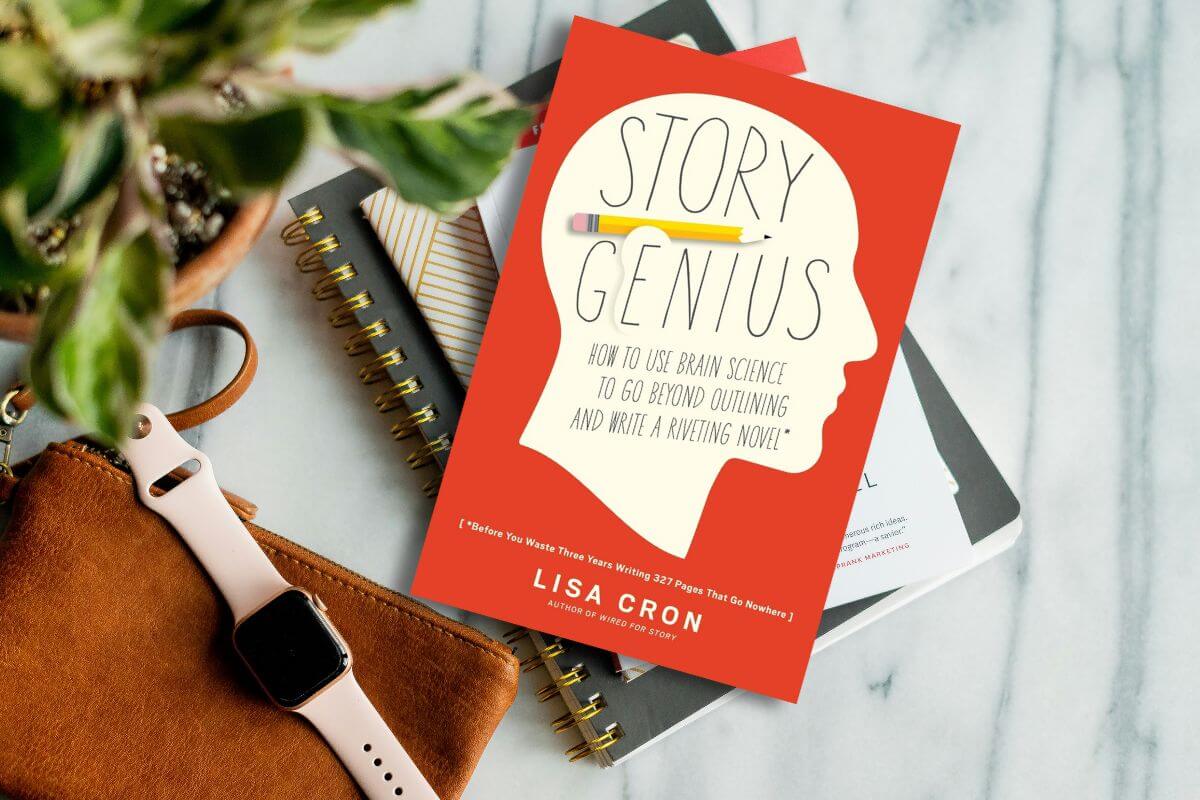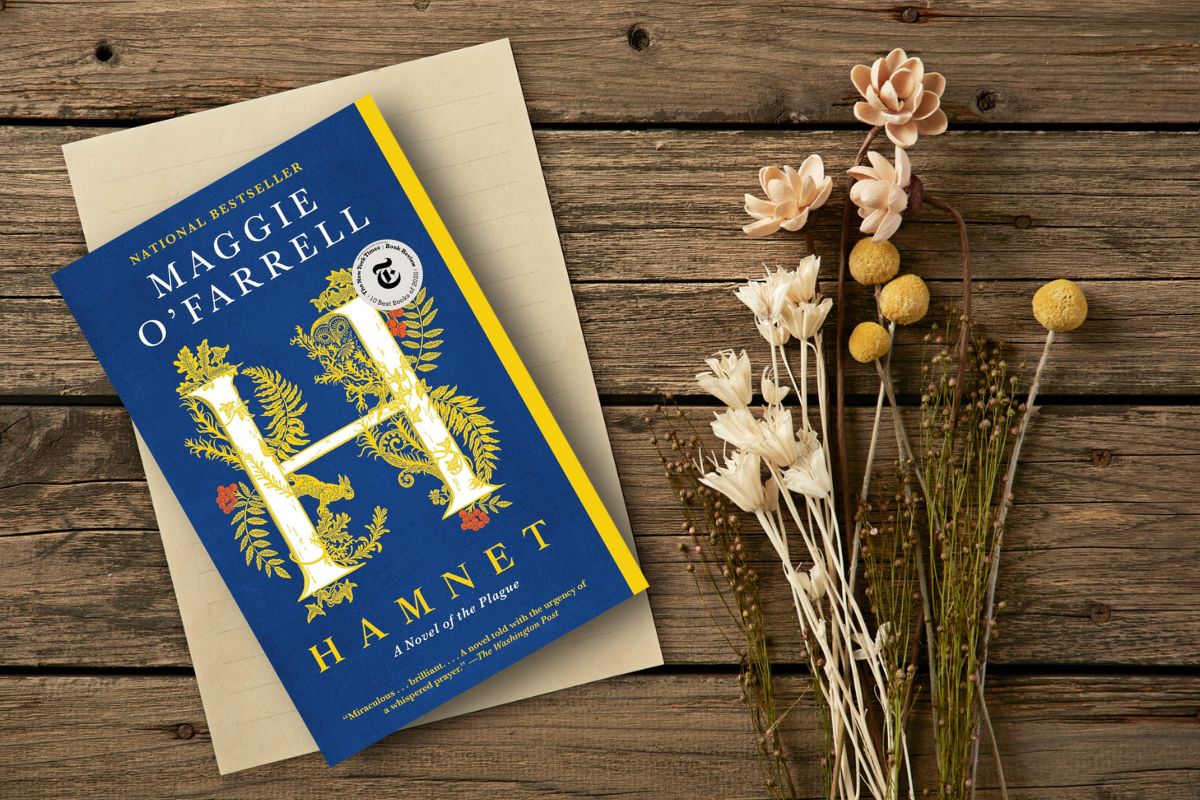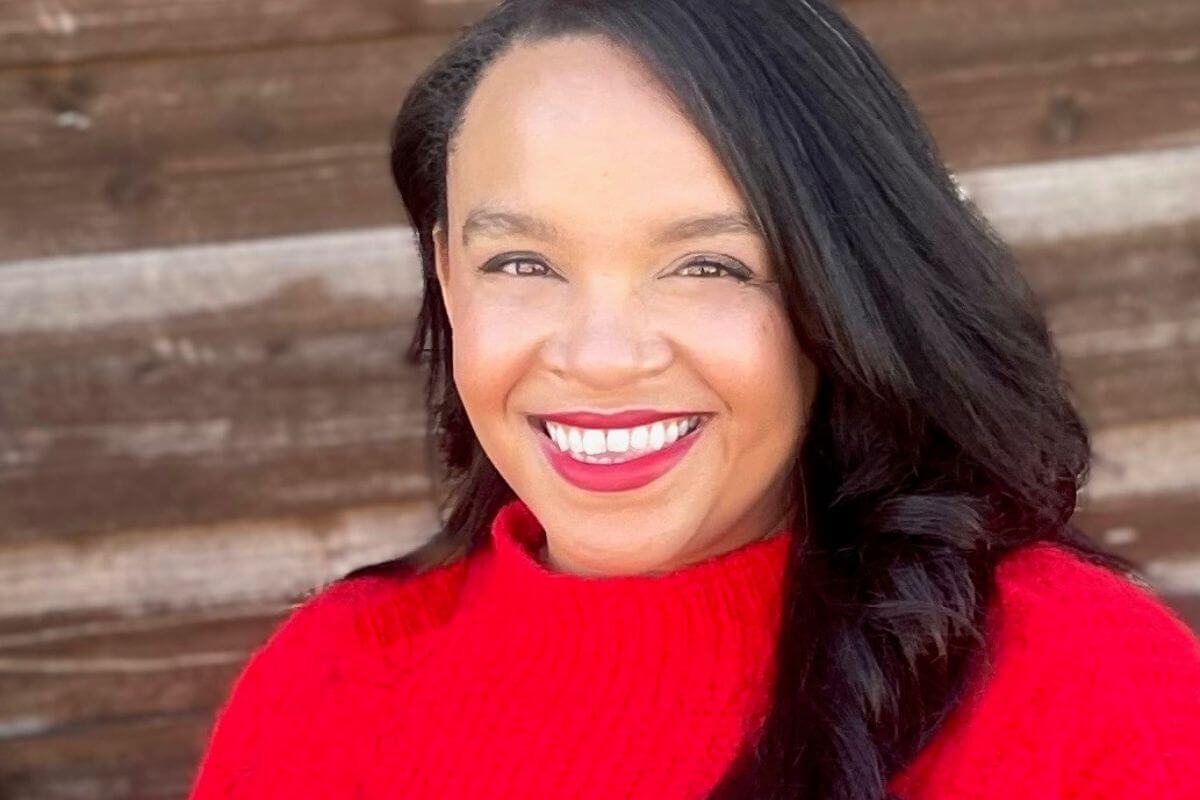Today’s guest post comes from author Jo Ivester. Her latest book Once a Girl, Always a Boy: A Family Memoir of a Transgender Journey is available April 21, 2020.
“Would you be okay with me writing about you?” I asked my son, Jeremy.
My first book, The Outskirts of Hope, was about to be published and I’d been thinking about my next undertaking, foolishly believing that once my book was in the bookstores, I’d have free time to tackle a new project.
“What d’ya mean?” asked Jeremy.
“I’d start when you were a kid, before any of us knew you were transgender, and then just tell your story.”
Jeremy was incredulous. Was I actually proposing to share his highly personal transition with the whole world? “I won’t do it if you’re not okay with it.“
“Could I say if there was something I didn’t want you to include?” he asked.
“Absolutely,” I answered.
Although I knew it was a long shot, I really wanted Jeremy to give me permission to proceed. Our story could make a difference to a lot of people.
When Jeremy was born 25 years earlier, we welcomed him into the world as what we thought was our daughter. As he grew up and showed a preference for the clothes and toys our society thinks of as masculine, we called him a tomboy; that’s what he called himself. It wasn’t until he reached his mid-twenties that he came to understand that he’s transgender. That’s when he had surgery to remove his breasts and began the hormones that would lower his voice and let him grow a beard. That’s when he changed his name to Jeremy and asked us to use masculine pronouns.
It was a journey that took an amazing amount of courage, one that never followed an obvious path but meandered back and forth as Jeremy questioned every decision he made. There was no map, no guide for how to be transgender, let alone for how to come out.
I didn’t expect my son to agree with the idea of a book about him. He’s a private person, more of a listener than a talker, an introvert’s introvert. But he understood immediately the potential for fighting prejudice and bullying, for helping people to become more aware of what it means to be transgender. And for providing trans individuals with hope for the future.
Surprising me, Jeremy didn’t ask my reasons or question whether it was a good idea. He simply said, “Yes.”
I lost no time in asking my next question. “Will you write it with me?”
“Sure,” he answered quickly. “If I don’t have to write.”
Jeremy doesn’t enjoy writing the way I do. It was a chore he couldn’t escape when he was a student and he had no wish to immerse himself in it again. Fortunately, he’d made a series of recordings about his transition as it was happening. They could be his voice in my new book.
Before ever setting pen to paper—or more accurately, before setting fingers to keyboard—I’d started to follow what would become my list of rules for sensitively sharing someone else’s coming out story.
Know Why You’re Writing
My first book, focusing on my family’s time in the 1960s living in an all-black town in Mississippi, gave me a platform from which to help people think about racial relations. As I learned more about what it meant for my son to be transgender, I realized that I could use my writing to create a similar platform to raise awareness about our transgender community. My desire to be an advocate drove me to want to write a book, to create a tool for my political work.
Ask Permission
If my son had said, “no,” I wouldn’t have written Once a Girl, Always a Boy. It’s his story to tell. Until he was ready, it wasn’t mine to share.
Seek Feedback
No matter how well I thought I knew my son, there was so much more to learn. Each time I drafted an anecdote or wrote about his thoughts and feelings, I gave him the manuscript to tear apart and put back together. This accomplished two things. First, it gave him the opportunity to point out where I hadn’t quite captured his voice and he could modify a word here and a phrase there to make it sound more like him. More importantly, he could tell me when I hadn’t gotten his thoughts and feelings quite right. Which brings me to my fourth rule.
Listen
Once the person you’re writing about shares their reactions with you, pay attention to what they say. I learned a lot about my son. I didn’t know, for example, that as a young teen he’d lie in bed at night hoping for some magic to happen while he slept so that he’d wake up with a flat chest. Or that he was miserable every time someone told him that he looked good because he knew they meant pretty and he wanted to be handsome. Or that he felt betrayed by his body when his middle school gym teacher told him he’d have to start wearing a bra unless he had on a dark, baggy shirt that hid his breasts.
Acknowledge Your Mistakes
Hardest of all was to hear about the ways in which I’d inadvertently hurt my son. Comments I’d made before I understood his journey. My failure to get it when he repeatedly said that he didn’t identify as a woman.
Use Respectful Terminology
Some of my early mistakes were due to my inexperience with the vocabulary of the transgender and gender non-conforming communities. I mastered the rules of communication, only to discover that they had changed. Even within the community, there were differences in opinion as to how to say things in the most polite and considerate manner. Respect for individuals became my touchstone. If someone introduced themself with plural pronouns, then that’s what I used. I added my own pronouns to my business cards and e-mail signature. I learned not to say that my son was born a girl because he was always a boy; I just didn’t know it.
Be Candid
When you write about someone else’s coming out story, you are writing about your own story as well. When we are willing to share our feelings openly and completely, our writing is more interesting. More importantly, we increase the chance of touching our readers.
An unexpected benefit of this honesty was that my four children, prompted by reading early drafts, talked with one another about conversations going back 10 years. Discussions in which they had misunderstood what was said, or taken things for granted, or just not realized that they’d hurt one another. Some pretty solid walls came down as a result.
Be Joyful
Coming out requires a lot of courage, but it is also the most joyful thing a person can do. Acknowledging one’s true self and sharing that with others is incredibly satisfying. When I talk to my son now, his exuberance with his coming out is obvious. By letting me write about it, he allowed me to share in his joy. I can’t think of a more generous gift.














Leave A Comment